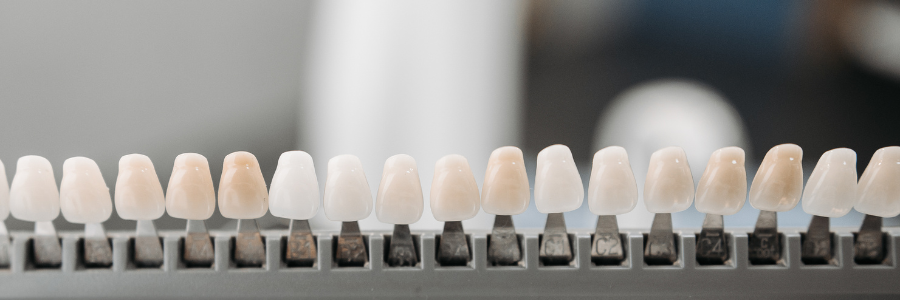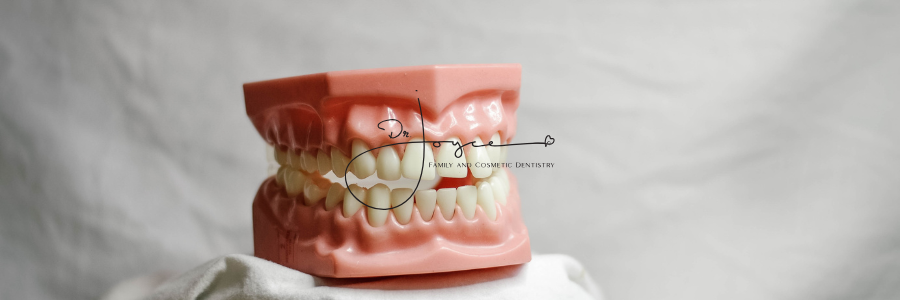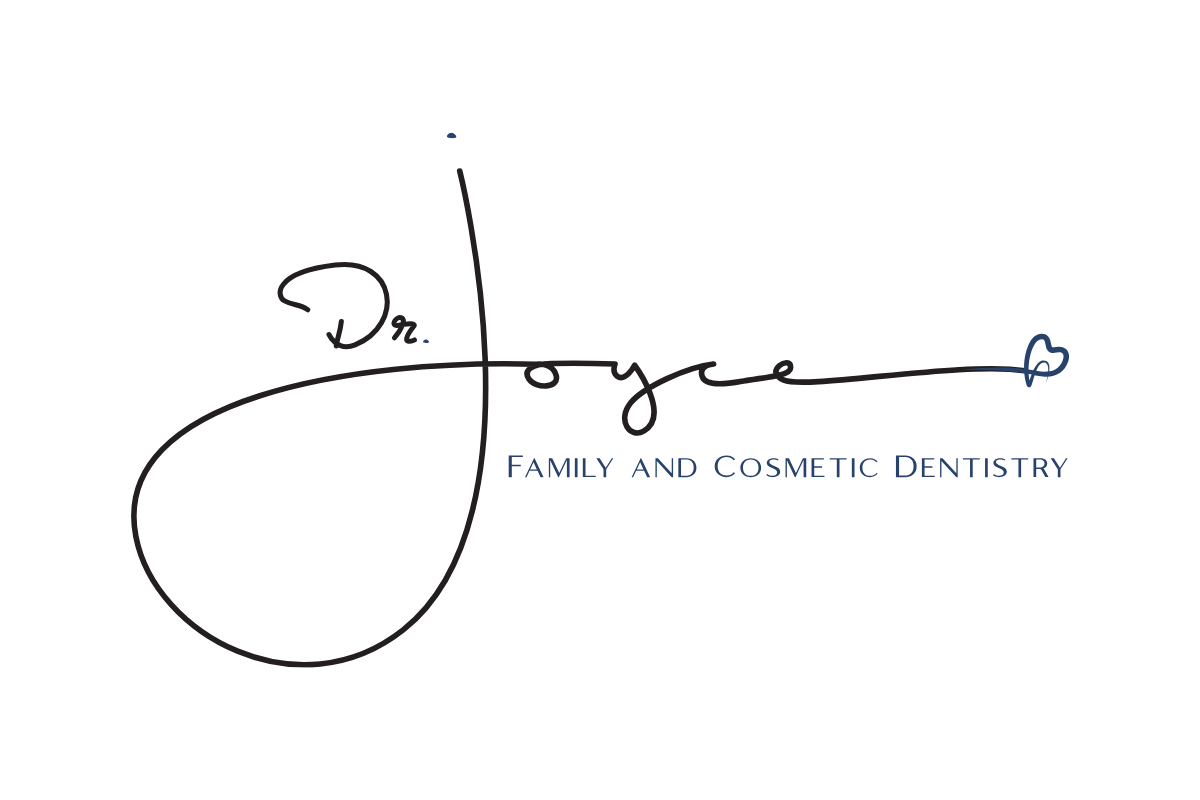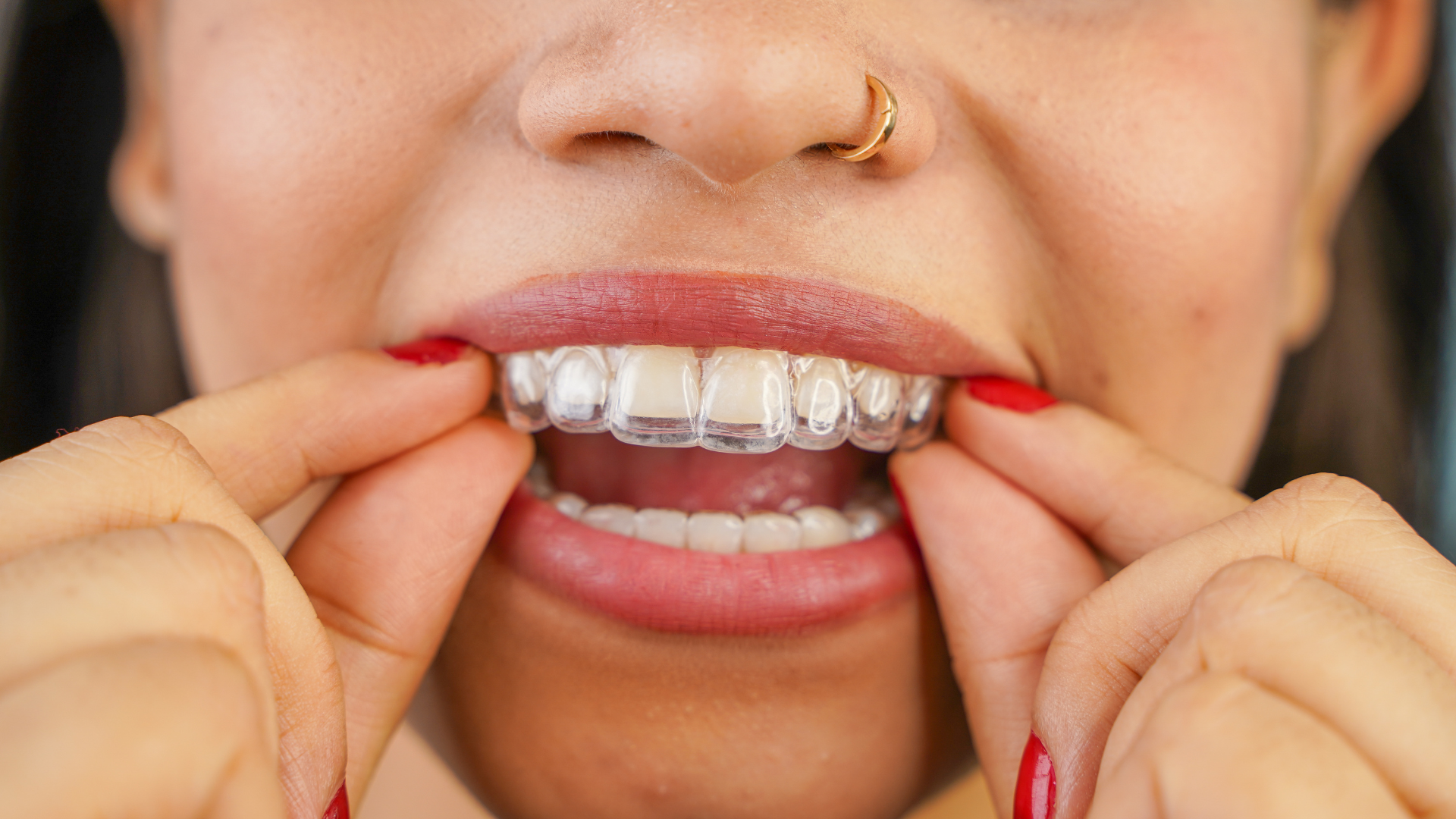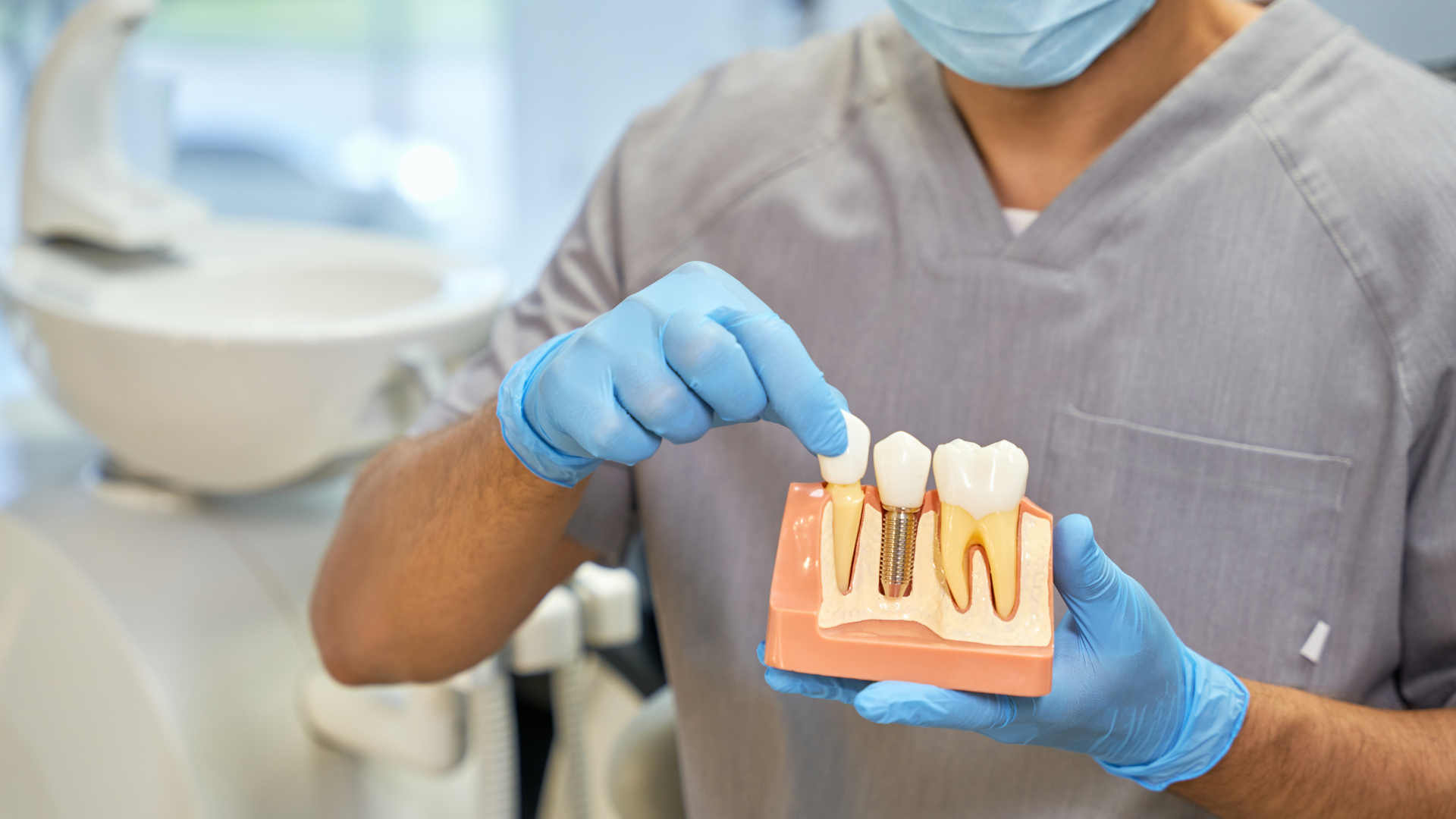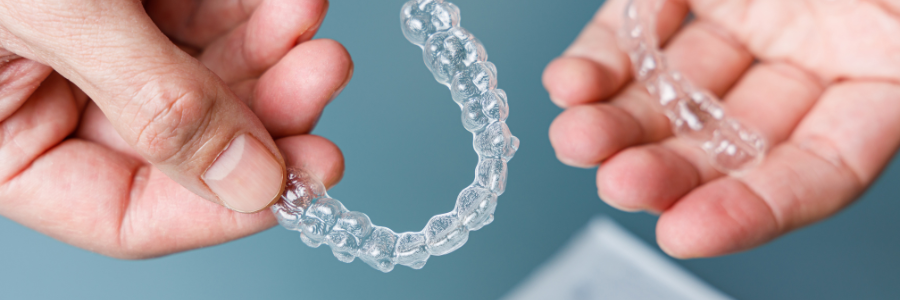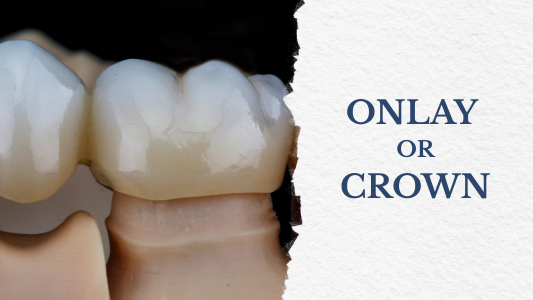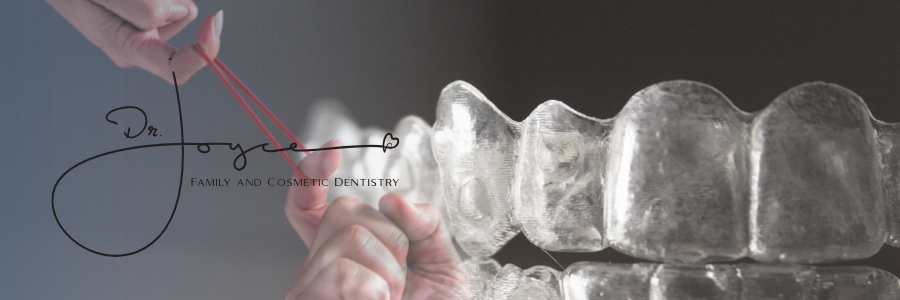How Long Do Dental Implants Last? A Guide from Dr Joyce Family & Cosmetic Dentistry
At Dr. Joyce Family & Cosmetic Dentistry, we believe a healthy, lasting smile is a partnership. A common question is, “How long do dental implants last?” The good news is that with proper care and the right team, they can last a very long time—often a lifetime. Think of them as a permanent solution to tooth loss, far more durable than a bridge or denture. However, their lifespan isn’t set in stone and can be influenced by several factors. If you’re searching for trusted family dentistry in Westwood, our team is here to guide you through every step of your dental health journey.
Understanding Dental Implant Longevity
Dental implants are a fantastic option for replacing missing teeth, and their longevity is a key reason for their popularity. The core of their durability lies in osseointegration, where the titanium implant fuses directly with your jawbone, creating a stable and lasting foundation, much like a natural tooth root.
Several things play a role in how long your implants will stay in good condition:
- Your overall health: Conditions like diabetes or autoimmune diseases can affect healing and how your body responds to the implant.
- How you care for them: Brushing, flossing, and regular dental visits are super important.
- Your habits: Smoking or grinding your teeth can put extra stress on implants.
- The skill of your dental professional: A well-placed implant is much more likely to last.
The Success Rate of Dental Implants
Generally, dental implants have a very high success rate, often exceeding 95%. This means most implants integrate well with the jawbone and function properly for many years. This high success rate is a big reason why they're so popular. It's like getting a good quality appliance; looking after it tends to serve you well for ages.
This success is rooted in the meticulous planning and execution of the procedure. This is where choosing the right team, like ours at Dr Joyce Family & Cosmetic Dentistry, makes all the difference. Dr. Joyce and her team use advanced technology and a meticulous approach to ensure every implant is placed precisely for optimal long-term success.
Maximizing the Lifespan of Your Dental Implants
So, you’ve got dental implants—that’s great! They're a fantastic way to replace missing teeth, offering a stable, natural-looking solution. But like anything, you need to take good care of them to get the most out of them. It’s not just about getting them placed and then forgetting about them. Think of it like owning a rice car; regular maintenance keeps it running smoothly for years. The same applies to your implants.
Essential Maintenance and Care
Keeping your implants in top shape involves a few key things. It’s not rocket science, but consistency is key.
- Daily Cleaning: Just like natural teeth, implants need to be cleaned daily. This means brushing at least twice a day and flossing once a day. Pay special attention to the area where the implant meets the gum line.
- Specialized Tools: You might need to use interdental brushes or floss threaders to properly access the implant and crown. Your dentist can show you the best way to use these.
- Avoid Abrasives: Stick to non-abrasive toothpaste. Harsh scrubbing or gritty pastes can damage the implant crown or the surrounding gum tissue.
Regular Professional Check-ups
While daily care is critical, you can't skip visits to your dental professional. The real deep cleaning happens in these appointments, and potential issues can be spotted early. That's why a commitment to regular check-ups at a practice like Dr. Joyce Family & Cosmetic Dentistry is a smart move for long-term implant health.
- Professional Cleanings: These cleanings go beyond what you can do at home. They remove hardened plaque (tartar) that can build up even with diligent brushing and flossing.
- Implant Assessment: During your check-up, the dentist will examine the implant, the crown, and the surrounding bone and gum tissue for signs of loosening, inflammation, or bone loss.
- X-rays: Periodically, X-rays might be taken to check the bone level around the implant, which you can't see just by looking.
Avoiding Habits That Harm Implants
Some everyday habits can put unnecessary stress on your implants and shorten their lifespan. It’s worth being mindful of these.
- Chewing Hard Objects: Avoid chewing on ice, hard candy, pens, or using your teeth as tools. This can chip or break the implant crown.
- Smoking: Smoking is a significant risk factor for implant failure. It reduces blood flow to the gums and bone, making it harder for the implant to integrate and increasing the chance of complications.
- Teeth Grinding (Bruxism): If you grind your teeth, especially at night, excessive force can damage the implant. A custom night guard can protect your implants from this wear and tear.
When Dental Implants May Need Replacement
Even though dental implants are built to last, there are times when they might need attention or even replacement. It's uncommon, but knowing the signs can help address issues early.
Signs of Implant Failure
Implant failure usually occurs within the first year, but it can also happen later. Keep an eye out for these indicators:
- Pain or discomfort: Persistent pain around the implant site is a red flag.
- Gum recession: If your gums start pulling away from the implant, exposing more of the metal post, that's a problem.
- Loose implant: The implant itself might feel wobbly or loose.
- Swelling or bleeding: Frequent swelling or bleeding of the gums around the implant.
- Changes in bite: If your bite feels off or you notice the implant crown has shifted, it must be checked.
The most common reasons for implant revision are peri-implantitis (inflammation leading to bone loss) and mechanical failures of the crown or abutment due to wear and tear over many years.
FREQUENLTY ASKED QUESTIONS
Do dental implants require special cleaning?
No, not really. You should care for your dental implants like natural teeth: brush at least twice daily and floss daily. We may recommend specialized tools like a water flosser or interdental brushes to ensure you clean thoroughly around the implant.
What is the most significant factor in how long a dental implant lasts?
Proper oral hygiene and regular dental check-ups are critical. Maintaining a healthy environment around the implant, free from plaque and bacteria, is critical to preventing complications like peri-implantitis that can lead to implant failure.
Can a dental implant crown be replaced without replacing the implant itself?
Yes, absolutely. The crown or bridge attached to the implant post is a separate component. Like any dental restoration, it can wear down or become damaged over time. If this happens, we can replace the crown, leaving the stable implant post in place.
Is a dental implant a good long-term investment?
We believe so! Given their high success rate and potential to last a lifetime with proper care, dental implants are considered one of the most durable and reliable solutions for tooth replacement. They restore function and aesthetics, significantly improving your overall quality of life.
Wrapping Up: Your Dental Implant Journey
So, dental implants are pretty amazing. They can last a long time, often a lifetime, which is excellent news. But it's not just about getting them in; it's about caring for them afterward. Good brushing and flossing habits are key, just like natural teeth. Regular check-ups with your dentist are also super important to catch any minor issues before they become big. Think of it as an investment in your smile and health for years.
Are you ready to explore whether dental implants are the right solution for you?
Let us guide you on your journey to a confident, lasting smile.
Disclaimer: The information provided in this blog is for general informational purposes only and does not constitute medical advice. Please consult with a qualified dental professional for any health concerns or before making any decisions related to your dental health.
